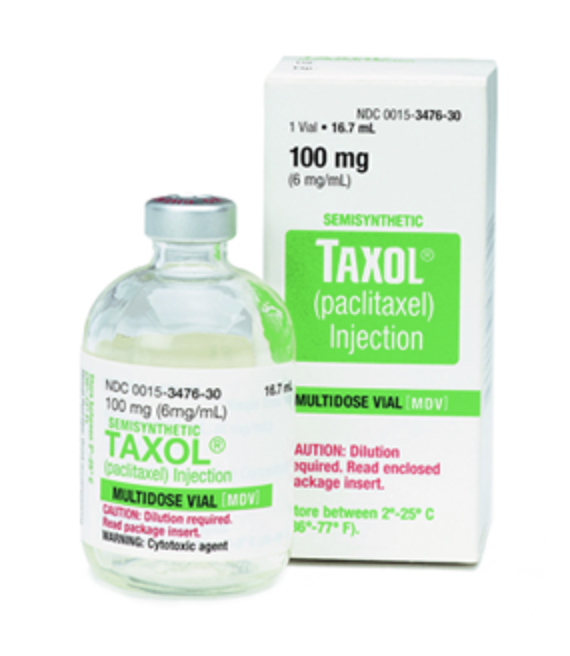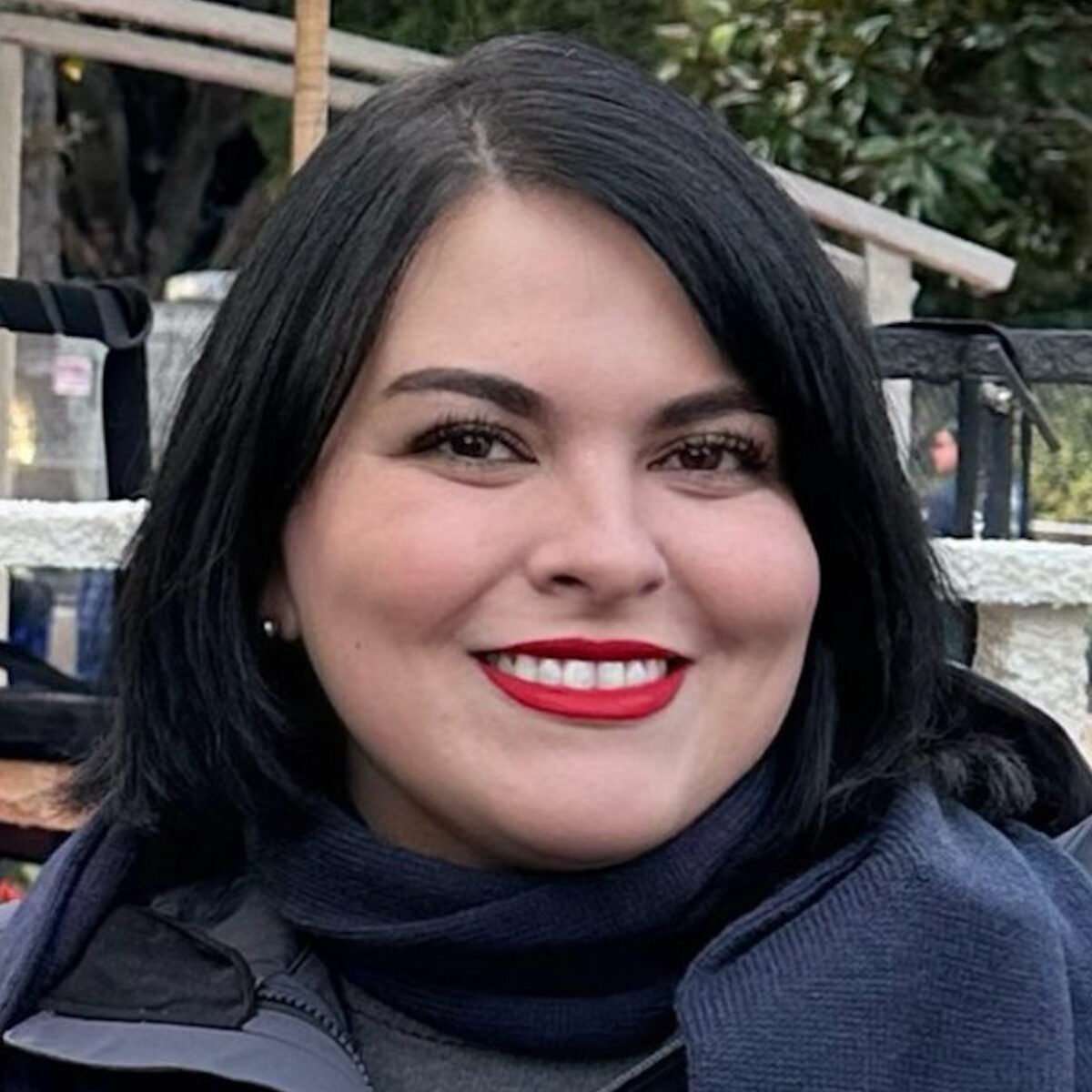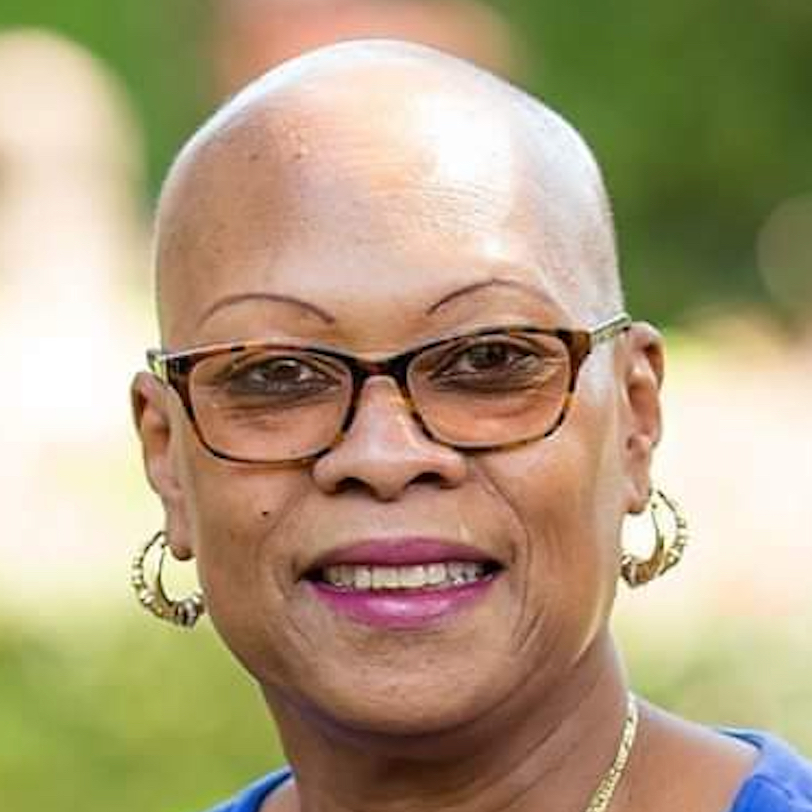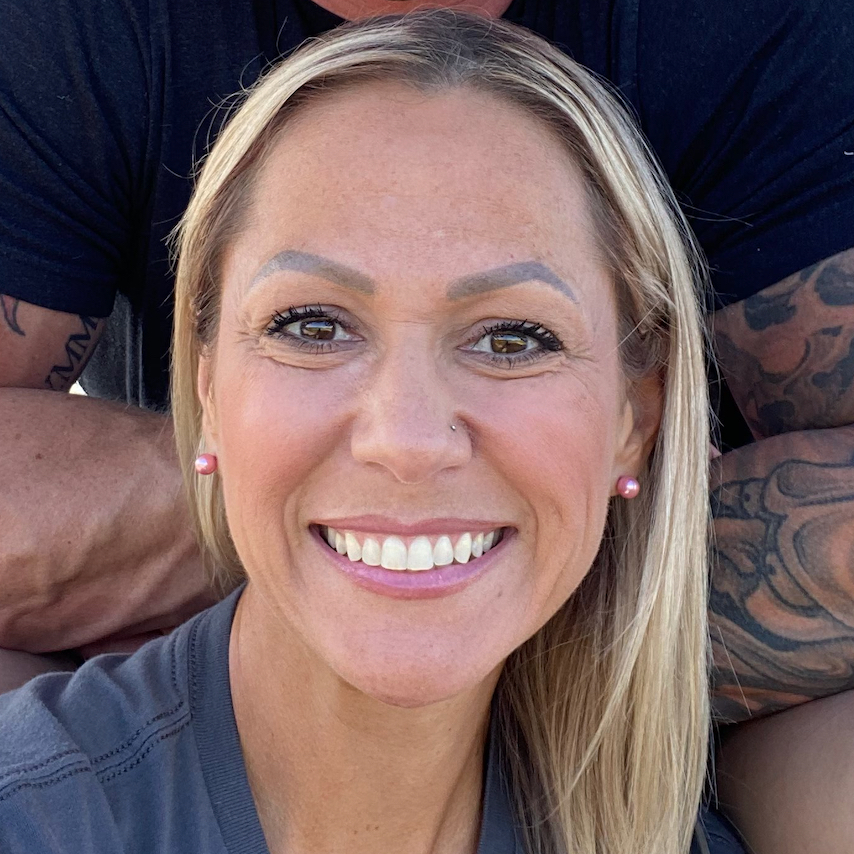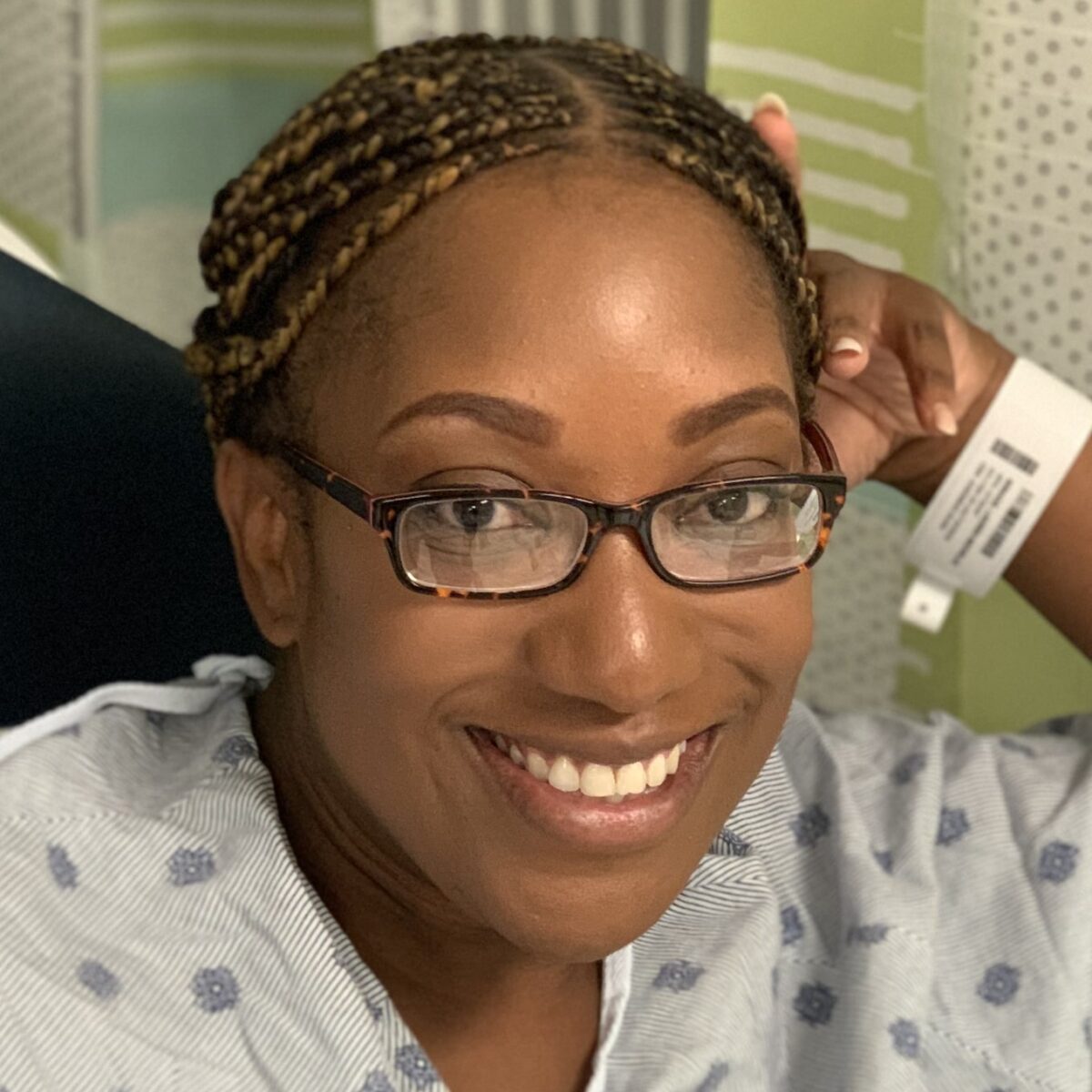Taxol (Paclitaxel) Side Effects
And Patient Stories
Here’s what cancer patients in our community had to say about their experiences and side effects with Taxol, which goes by the generic name of paclitaxel.
It’s a type of chemotherapy drug that is often used to treat cancers including, but not limited to: breast cancer, cervical cancer, ovarian cancer, lung cancer, endometrial, prostate cancer, leukemia, lymphoma (Hodgkin’s, non-Hodgkin’s), and sarcoma.
What are some Taxol side effects?
Our community members reported a range of side effects, which vary depending on the individual, dosage, and other factors. Some of those side effects include:
- Hair loss
- Diarrhea
- Neuropathy
- Pain (in joints)
- Allergic reaction
Taxol Patient Experiences
Breast Cancer Stories

I felt I could pretty much eat normally. The cumulative of the effect of the chemo was definitely brittle nails. I didn’t end up losing any nails but you could just tell they were really brittle and really dry.
Sometimes I’d go from diarrhea to constipation, even in one week. It was just a crazy roller-coaster of things.
I think emotionally I just felt a little less stable with the Taxol, I just felt more anxiety. It could have just been the cumulative effect of chemo and just the whole weight of everything. But I definitely felt just more vulnerable than I ever had, emotionally.
»MORE: Tina Conrad, Breast, Invasive & Lobular, Stage 3A, ER+
Taxol Use: Once a week for 12 weeks

The Taxol really affected me. That one was the one that was supposed to be easier, according to all of my friends and what I read on the online chats. I threw up and I think it was when I started the Taxol. Within a day or two after the treatment day, I just started feeling this pain, mostly in my knees, in my joints, and in my feet. I couldn’t stand up out of bed. I had to hold onto things to walk and it was this excruciating pain.
I remember being in bed and trying to take pain meds. I was on Oxycodone which was the best for me, but that wouldn’t take the pain away. I got really bad neuropathy. I remember after the first round I couldn’t stand up. I just curled up in a ball just in pain.
I called my oncologist, went in, and talked with her about it. She suggested reducing the dose so we tried again at 25-percent less dosage. It was a little better but not good enough for me to be able to go about my daily routine.
»MORE:Margaret Abe Koga, Breast, IDC & DCIS, Stage 2
Taxol use: Prescribed for 6 chemo cycles, stopped after 2

I was fine the day after infusions. The day after that, I felt like a train hit me. My bones ached, I couldn’t hardly function, and I was nauseous. They had given me anti-nausea medications, but I felt fine the day before, so I didn’t take them. I learned very quickly that even if you’re not feeling nauseous, you should still take the medicine.
I would be tired and need a day to recuperate, but then I’d be okay. It wasn’t so bad. I felt so much better on the Taxol and Herceptin than I did on the AC.
I had some fatigue and diarrhea a couple of times, but other than that, it was so much easier. My hair started growing back during it, which I was not expecting.
Cervical Cancer Stories

I didn’t feel any sort of pain. They would give me these steroids I’d take before and after. I’d actually go into the office during my non-chemo days and be functional, working. I was able to eat, I didn’t feel sick at all. It just felt like normal. Except for the days I had chemo, I felt totally normal.
Ovarian Cancer Stories

I was going every week for 18 weeks to get paclitaxel (Taxol) so my nerves were being affected. Every three weeks, I would get carboplatin along with the paclitaxel.
The very first time you get chemo, and they don’t always talk about this, a lot of times your body can go into freak out because it’s the first time you’re getting a poison put into your body.
Sometimes you’ll start to feel like you can’t breathe. And if that’s happening and you’re starting to panic when you first are getting your chemo, please tell the nurse. They know all about this.
»MORE: Heather McCollum, Ovarian Cancer, Stage 2C
Taxol use: Once a week for 18 weeks

I got infusions once every three weeks for 18 weeks, so it was six cycles. Each time took about five or six hours. It was Carboplatin and Taxol every time. Taxol is the one that takes about three hours.
»MORE: Alisa Manzelli, Ovarian Cancer, Stage 3C
Taxol use: Infusion once every three weeks
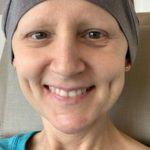
With Taxol, they tell you around day 15 you’re going to start noticing some thinning. Sure enough, my hair was just shedding. It looked like tumbleweed blowing around in the bathroom. Then a few days later, I would touch it and it would just come out in my hands. I couldn’t touch it at all without it coming out.
»MORE: Shirley Pattan, Ovarian Cancer, Stage 3C, BRCA1+
Taxol use: Once every three weeks
All Patient Stories with Taxol Listed
Michaela E., High-Grade Ovarian Cancer, Stage 4B
Symptoms: Bloating and mild swelling, occasional discomfort and pain in abdominal/pelvic region, noisier digestion than usual, fatigue, pressure/pain after emptying bladder
Treatments: Surgery, chemotherapy (neoadjuvant and post-surgery)
...
Shirley M., Lung Cancer, Stage 4
Initial Symptoms: Persistent cough, wheezing, back pain, shortness of breath
Treatment: Chemotherapy, targeted therapy, radiation
...
Francina B., Breast Cancer, Stage 2B
Symptom: None
Treatments: Surgery (lumpectomy, removal of cancerous sentinel nodes), chemotherapy, radiation
...
Nicole L., Ovarian Cancer, Stage 4
Symptoms: Extreme abdominal pain, nausea when in a moving vehicle, frequent urge to urinate (often unsuccessful), chest pain
Treatment: Chemotherapy, surgery (removal of cancer from liver, diaphragm, bladder, small intestine; total hysterectomy), cold cap, PARP inhibitor
...
Lauren B., Breast and Colon Cancer, Stage 4
Symptoms: Lump in left breast that grew; strange appearance of nipple
Treatment: Surgery, chemotherapy, radiation therapy, hormone therapy, complementary treatments
...
